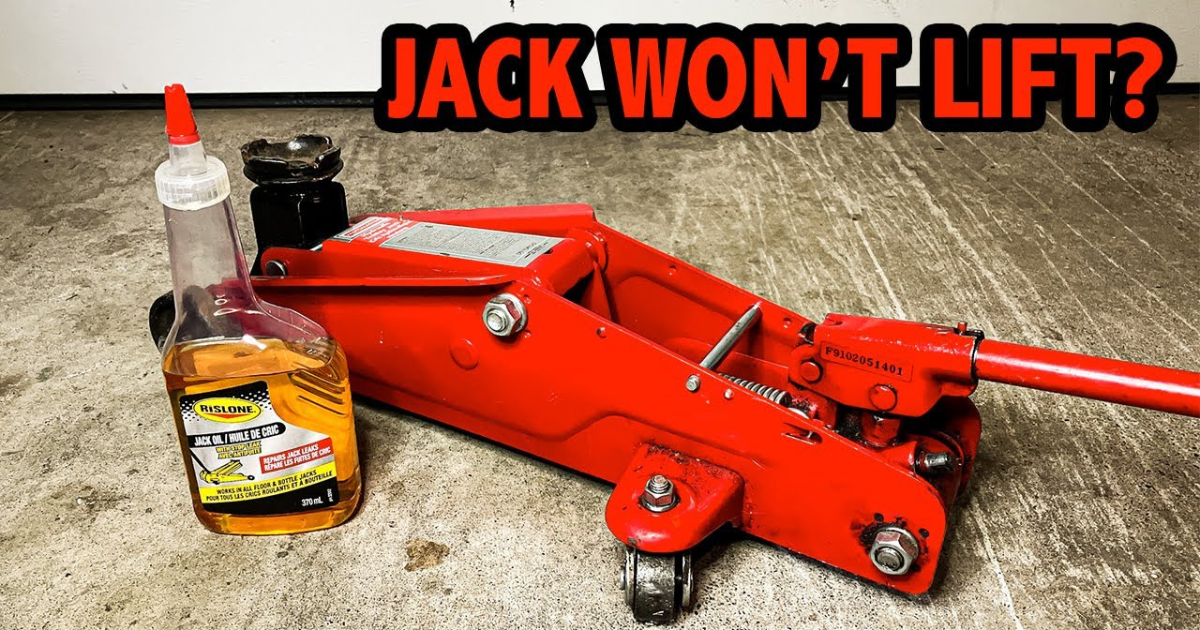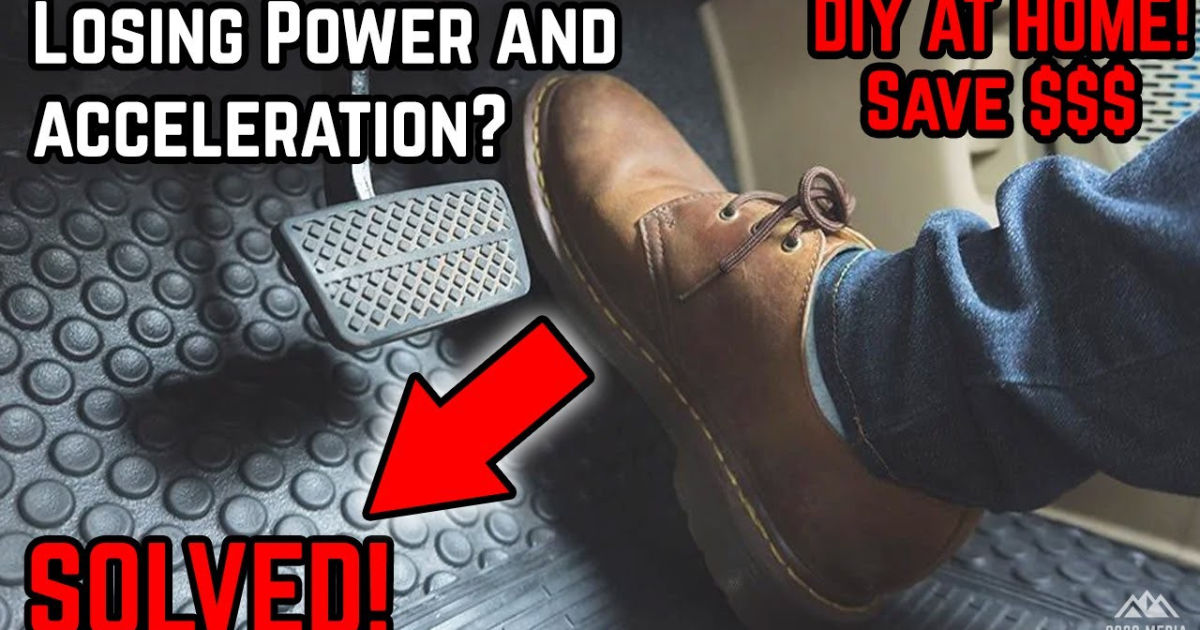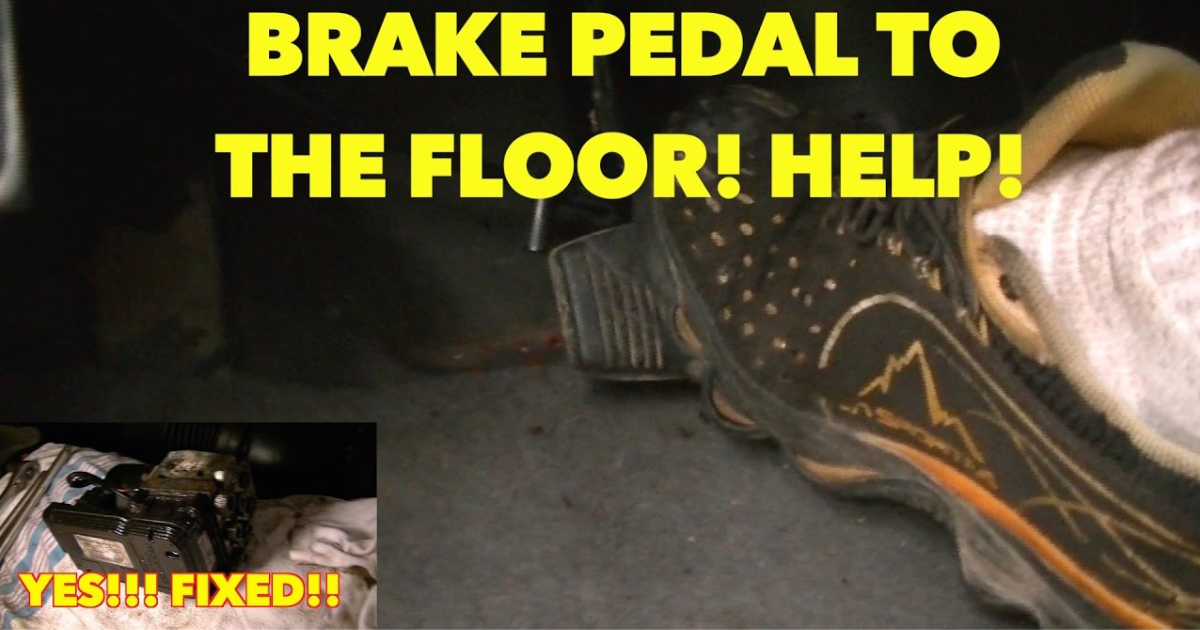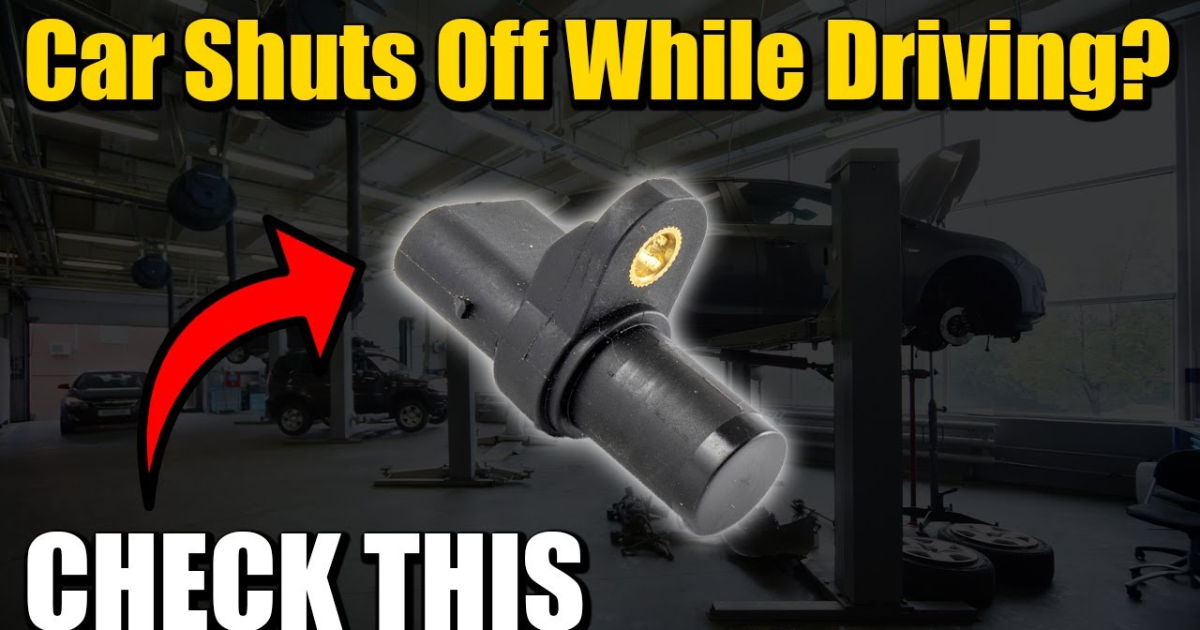The fundamentals of a quality floor jack can be learned from any do-it-yourself mechanic. Working with a hydraulic floor jack is efficient, long-lasting, and uncomplicated. However, floor jacks are mechanical tools, and as such, they will eventually break down.
When you’re stuck somewhere and this tool is your only option, it could be really frustrating if it breaks. Therefore, it is critical that you are aware of the most typical reasons a jack might not hold pressure.
How to Fix a Floor Jack that Won’t Lift
1. Check the Weight
First things first: it’s not necessarily a mechanical problem when a floor jack fails to hold pressure. Check the weight of your car against the lifting capacity of the floor jacks you’re considering. A safety overload valve is standard on most floor jacks. When activated, this function stops the jack from operating under overload conditions. No matter how hard you try, a Pittsburgh 3-ton floor jack will often only be able to lift three tonnes.
The general principle is valid. Any floor jack you use must have a rating of three-quarters of your vehicle’s gross weight in order to comply with legal requirements. This could be the reason why your floor jack isn’t working if it doesn’t work with the car you’re trying to lift. Do not put yourself in harm’s way by trying to use a floor jack that is capable of more than it can handle.
2. Inappropriate Hydraulic Oil Levels
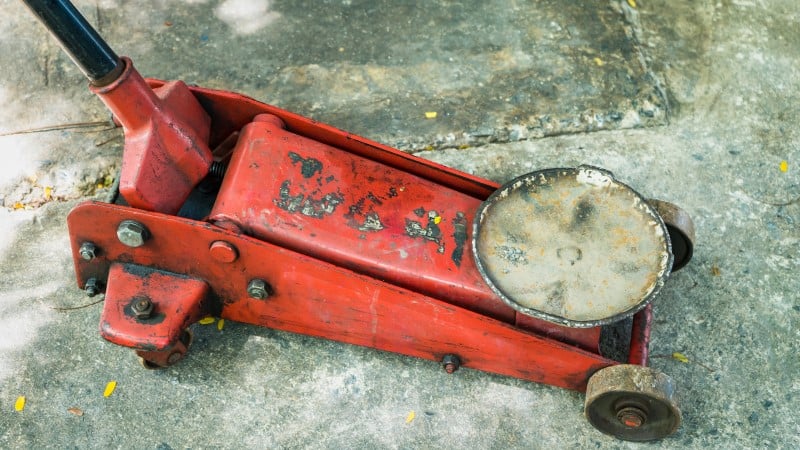
Our floor jack might not function properly if the oil level is too high or too low. Your jack’s capability is further diminished by this. In order to access the floor jack’s oil chamber, remove the fill plug.
It is recommended to place the floor jack approximately 3/16 to 1/4 inch above the reservoir for the majority of models. Make sure you have the highest grade oil on hand before you refill. But you’ll need to drain the extra oil from the jack if it’s higher than the acceptable amount.
In addition, you need to check the hydraulic jack frequently for dirt and debris in the oil chamber. It could be a good idea to take the floor jack apart and look for any broken parts that could cause leaks. Get some expert advice if you feel you need to.
3. Expel Trapped Air
If there is trapped air in your floor jack, it could potentially cause it to fail. Thankfully, fixing this problem won’t take long at all. Learning how to bleed a floor jack is all that’s required.
The standard procedure begins with the valve of the unit being retracted, which is done by turning it anticlockwise on the handle. Last but not least, before attempting to use the floor jack again, return the oil fill screw.
When there isn’t enough oil in the jack’s reservoir, air becomes trapped within and it can’t lift. Additionally, keep in mind that the internal components of your jack are vulnerable to damage from using different kinds of oil, such as motor or brake oil.
For optimal operation, you should use an oil with the viscosity level recommended for your machine. Additionally, the acids and compounds in these oils might cause your floor jack’s components to rip, bulge, or even deteriorate.
4. Final Comprehensive Checkup
Even if we’ve taken care of the aforementioned problems, it doesn’t imply our jack is fully operational again. If there are any other problems with the hydraulic floor jack, finding out how to fix them is essential. Cracked welds, damaged components, oil leaks, and everything else should be thoroughly examined.
In addition, you should turn the jack’s ram on its side to inspect it. Make sure you check it in both the extended and retracted states. A possible problem that needs fixing could arise if the floor jack’s pistons are rusted.
5. Regular Servicing
To keep the floor jack in tip-top shape at all times, it is a good idea to service it periodically. One of the most important habits to develop is to grease all the moving parts.
The common mistake, though, is to presume that everything is operating as it should. With the jack well-lubricated, you can rest assured that it will operate efficiently and with little resistance.
6. Check the Release of Valve
If the hydraulic jack still won’t lower or raise, even after you’ve turned the handle to the correct position and adjusted the saddle, make sure the release valve is snug. Make the necessary adjustments if it is positioned incorrectly. If this were the reason, the jack should start functioning regularly again.
However, you shouldn’t be alarmed until your floor jack stops working, which is obviously not going to happen. If you want the longest life out of your jack, make sure you take proper care of it.
Conclusion
A thorough understanding of “how to fix a floor jack that won’t lift” is yours if you’ve made it this far. Discovering the root cause of our jack’s failure is critical, but having the necessary skills is also crucial. In many cases, the problems described in this manual are the real reasons your jack isn’t working.

